Zofia Mrozowska
Nascimento : 1922-08-23, Warsaw, Poland
Morte : 1983-08-19

Grandmother Paulina
Martial law. Three women at the festive table await the return of Witek, with whom they have had no contact for ten days.

Maria, była żona Adama, matka Piotra
Bearing traces of the old Anton Chekhov play The Wedding, The Contract is set during an "arranged" ceremony. The bride and groom barely know each other, but this matters not at all to their tradition-bound families. At the last minute, the bride balks. Only slightly nonplused, the groom's father, a status-seeking doctor, decides to go ahead with the expensive reception anyway. Polish director Krzysz Zanussi uses this scenario to stick it to capitalist corruption, and to society's destruction of the individual spirit. Leslie Caron, the one recognizable member of the cast, is outstanding as a wealthy, over-the-hill ballerina who happens to be a kleptomaniac.

Witold's Mother
The main character in this effective, convincing drama is Witold (Tadeusz Bradecki) who is high in what later would be termed the "emotional quotient" or the ability to bounce back from adverse, tragic circumstances. Witold has been nursing both his sick mother and a deeply rooted desire to climb the Himalayas. His father had died climbing in those mountains, and they have an allure for Witold as well. But his dreams begin to crumble when his mother succumbs to her illness and trouble brews at work. The situation becomes bad enough to scramble Witold's life with no indication of future improvement.

Polish TV movie.
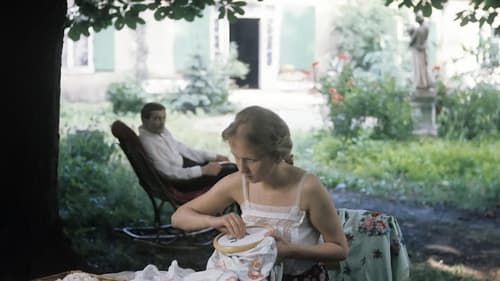
hrabina Tczewska

The main character is a bookkeeper, 40, who lives a quiet, uninteresting life with her husband and son of school age. She realizes that soon she won't be needed much at home as the boy grows up and the relationship with her husband crumbles. It's only when an embezzlement is discovered at the office and she stands up to her management, that she realizes life has more to offer. She meets a well-off former classmate, married to an American. Then she meets Jacek and starts contemplating possibilities of a new start. She discovers love for the first time, but turns to old ways rather than to break loose.

Mrs. Soerensen
A wealthy German family is divided by the immorality of Nazi Germany, circa 1944. Former professional colleague, Joachim Peters, escapes from a Nazi concentration camp, and seeks refuge with his friends, the Sonnenbruchs. Torn between their duty as German citizens, and their greater humanitarian sensibilities, the family is divided in how to deal with Joachim's presence.
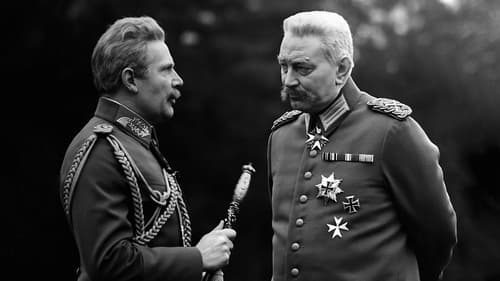
October 1918: Karl Liebknecht is released from prison and Berlin workers celebrate his release. Although WWI is almost over, the German Kaiserreich in vain sends its last reserves to the slaughter. The working class is in a rebellious mood; the uprising of Kiel’s sailors against war and militarism sets off a call for revolution led by Liebknecht. On November 9, Liebknecht declares the Free Socialist Republic of Germany. But pro-Kaiser military and right wing Social Democrats oppose him.
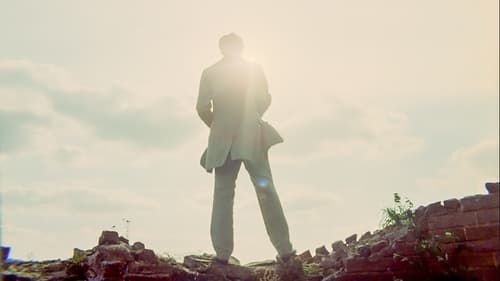
Countess
A pastor studying folklore in remote parts of 19th century Lithuania is invited to stay with a young nobleman. His mother is sequestered and mad. It seems she has been attacked by a bear as a young wife and local peasants whisper the young man may be the son of a bear. A doctor, who treats the mother with old-fashioned remedies, reveals this to the pastor. Young nobleman's wife is found with a bite and the man has disappeared into the woods.
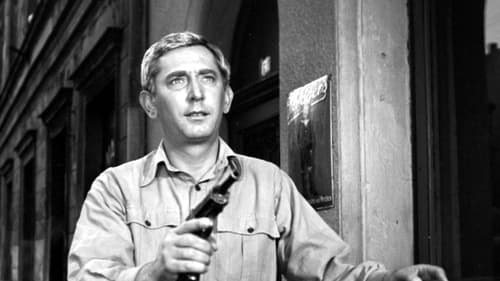
Anna
At the end of World War Two, Polish people move to the western lands vacated by Germans. But some ruthless profiteers pose as government representatives and intend to make off with loot from a deserted town they took over. One honest man stands up against them because he believes these goods belong to the people.

Mrs. Häußler
A pianist from Poland visits a town in West Germany and starts to remember details about her life during the war.
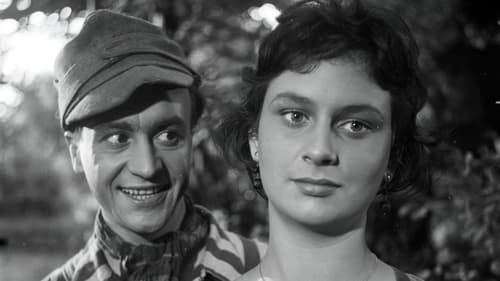
aktorka
In the last days of World War 2, people of various ethnic background meet in a Polish military hospital in a small German town, whereas a Nazi SS division hides in the local forests and tries to move westwards.
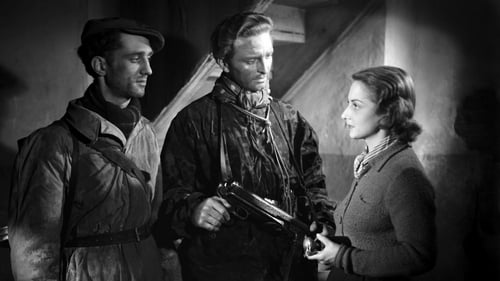
Krystyna
Unvanquished City (Polish: Robinson warszawski, Polish: Miasto nieujarzmione) is a 1950 Polish drama film directed by Jerzy Zarzycki. It was entered into the 1951 Cannes Film Festival.

Gypsy Woman
Poland, during World War II. Martha Weiss, a Jewish woman, arrives at the Auschwitz extermination camp with her family. She is assigned the role of interpreter, but her loved ones are much less fortunate.










